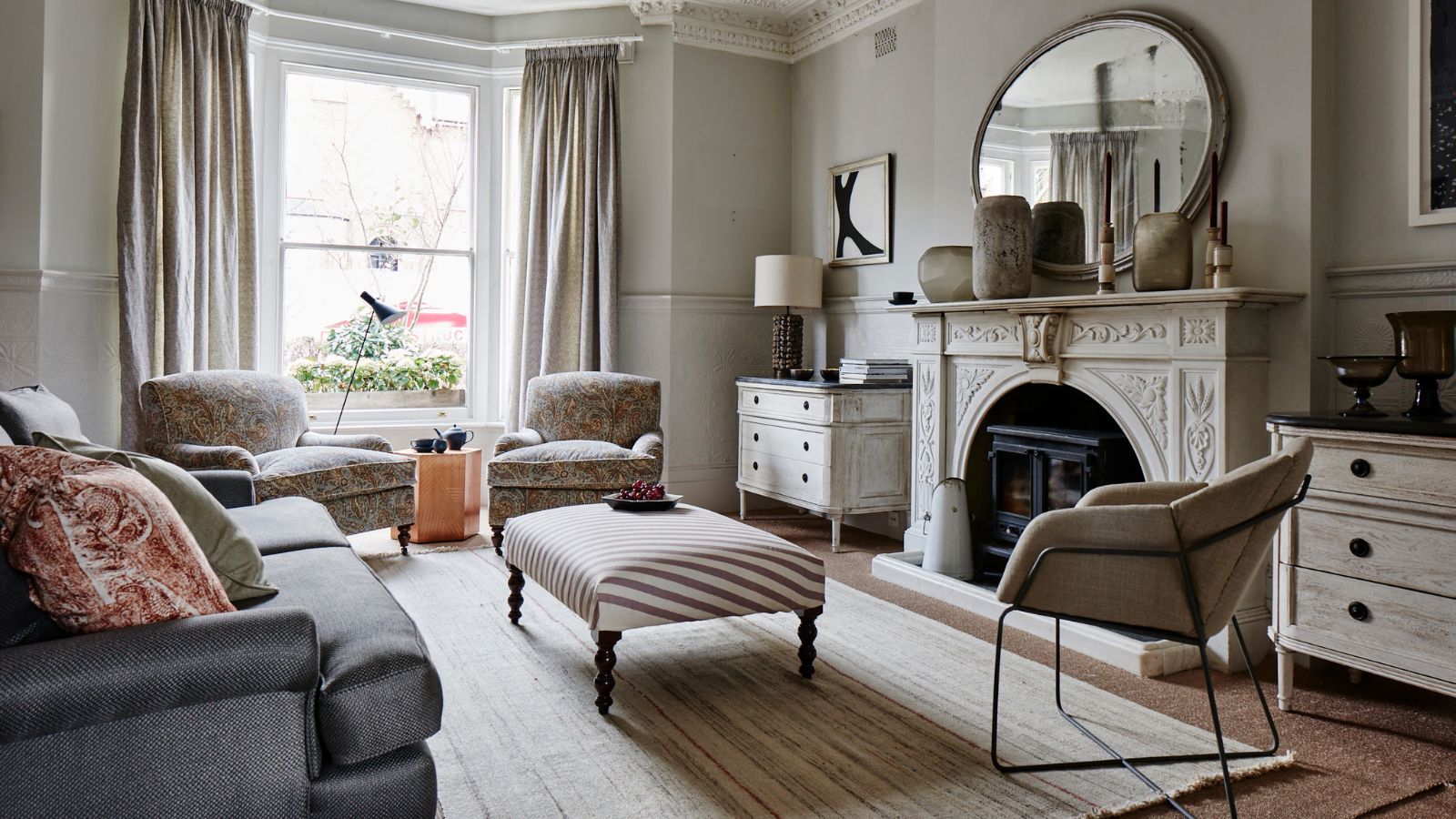
When was the last time you reorganized your home? For many people, it can be as long ago as when they first moved into a space. But, as your life shifts and changes, so too should your home.
That being said, there are six important things to pay attention to when reorganizing your space. For example, what worked for you in the past, and what didn't?
Here, professional organizers share exactly what you should be thinking about when reshuffling your home organizing ideas, and why.
6 things to pay attention to when reorganizing your belongings
1. What worked in the past
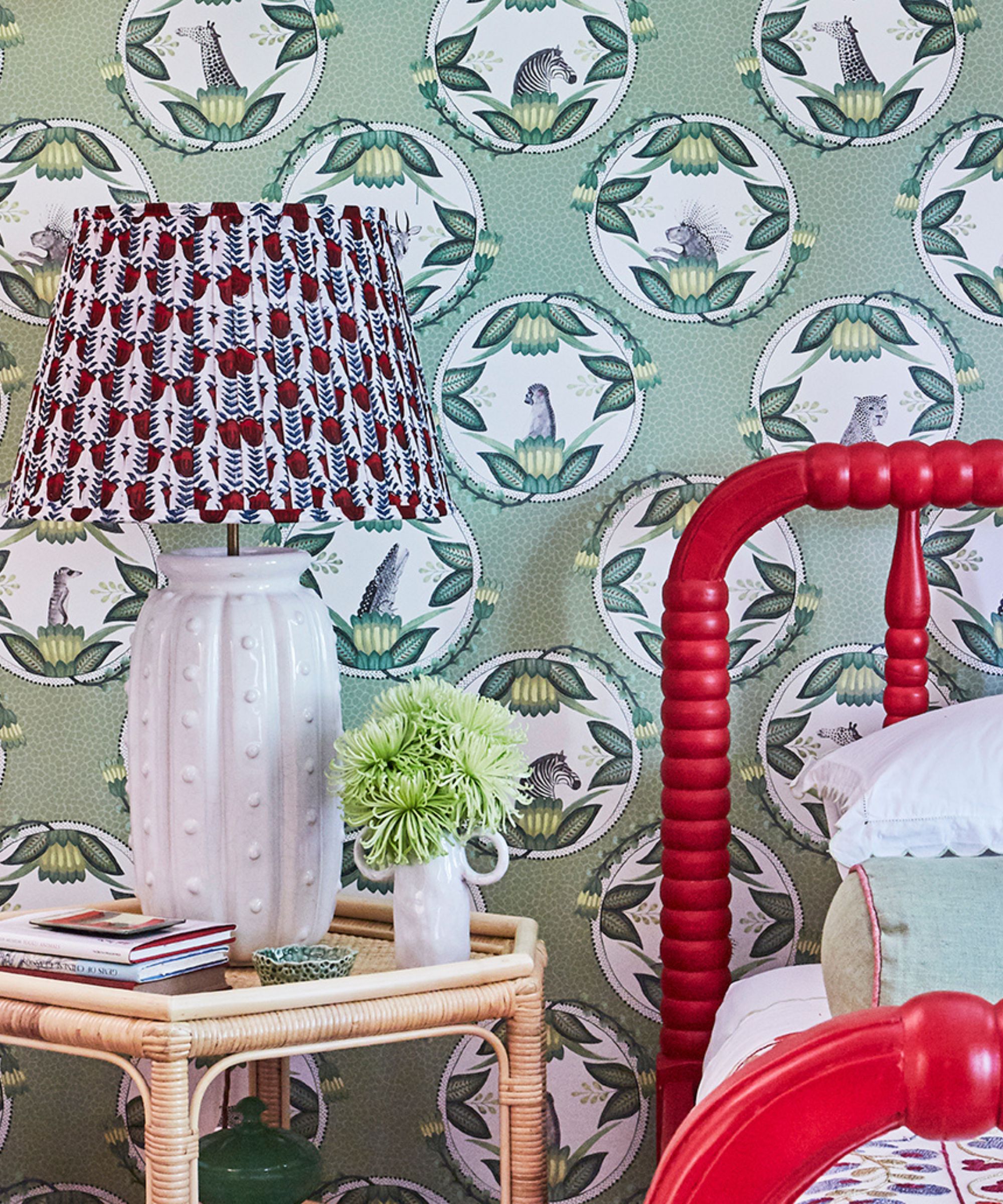
As Di Ter Avest, professional organizer and founder of Diisorganized, says, reorganizing doesn't mean starting from scratch.
'If something worked for a long time, like a drop zone that kept clutter off the kitchen counters for a clutter-free kitchen, for example, figure out why it worked and how you can recreate that success in other areas,' she says.
Keep this in mind, whether you've spotted signs you need to quickly reorganize your closet, or when organizing any space that needs a reshuffle. After all, if it worked before, there is no need to fix what isn't broken.
2. What never worked before

In that same vein, don't forget about the things that didn't work for you and your space before, no matter how many times you tried. This is a simple yet effective way to swerve any home organizing mistakes, says Di.
'If you've re-folded the linen closet five times and it still explodes every time you open it, the system itself needs to change,' she advises. 'Paying attention to repeated frustrations helps you focus your energy on creating solutions that stick – like using bins, labels, or storing extras elsewhere.'
But, equally, as Ben Soreff, professional organizer at House to Home Organizing, says, storage bins come at the end of the process, not as the first step.
'We want to know the quantity of the category first and where it is going to live in your space before purchasing any storage solution,' he explains. 'If giant bins seem like they will hold everything you own, the clutter problem is solved, right? Wrong! No human can lift a giant bin, and if they get stacked, no one is ever going to look in it again.'
That's why simply moving items you already own into new, larger storage solutions is one of the things professional organizers never do when decluttering or reorganizing. Then, when you're streamlined and ready, you can purchase suitable storage solutions without over-organizing, such as the Sterilite Large Storage Bin available at Walmart, or the Rosecliff Heights Bavan Rattan Basket available at Wayfair.
3. Time
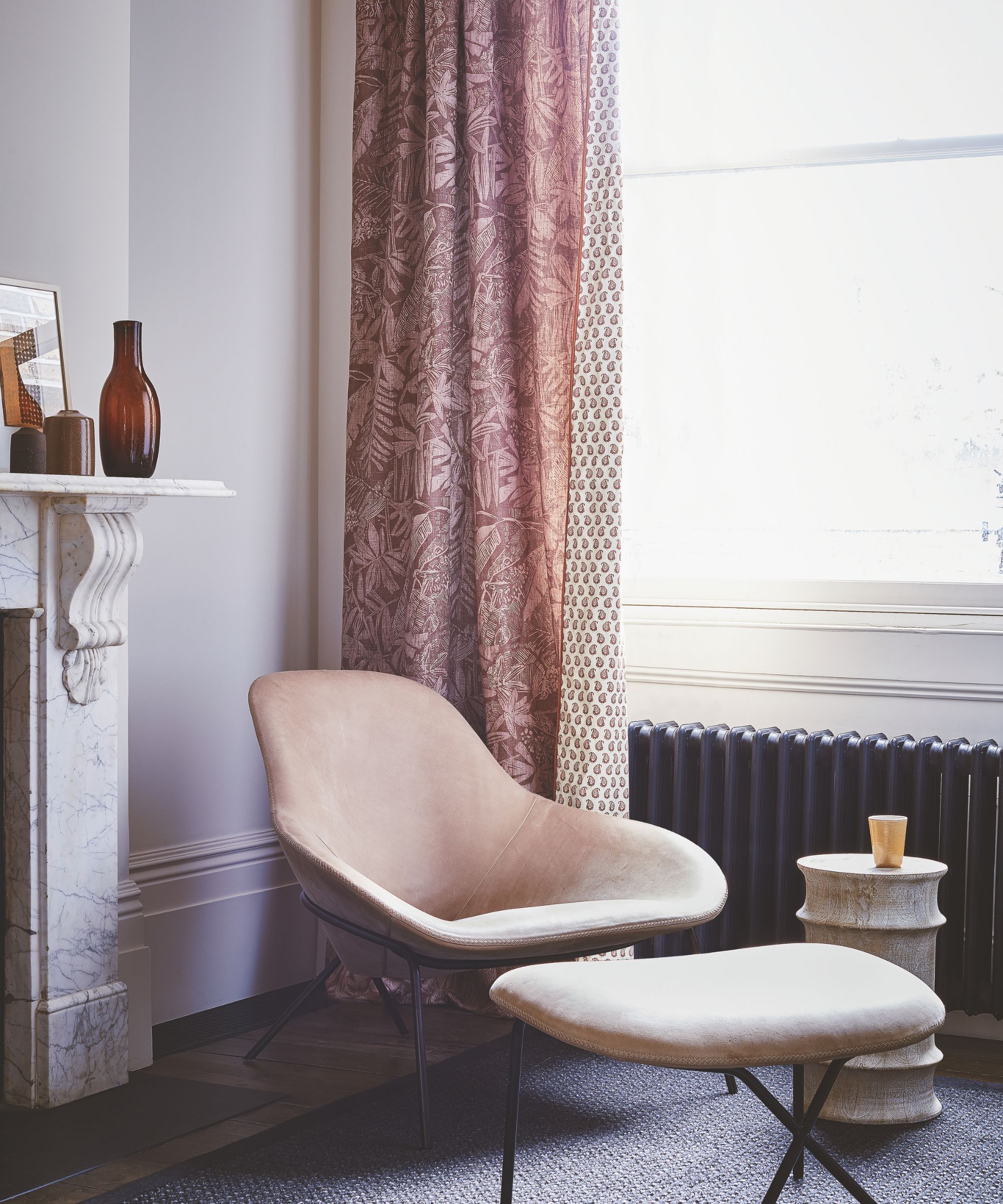
It's no secret that the main reason people put off reorganizing their home is as simple as finding the time to do it, as Ben highlights.
'Organizing is all about time and manual labor, so make sure you set aside the appropriate amount of time to be able to review your items, not just throw them in a bin,' he says.
If you're struggling to do so, using some time-saving organizing tips can help maximize your productivity.
4. How your routine or lifestyle has shifted
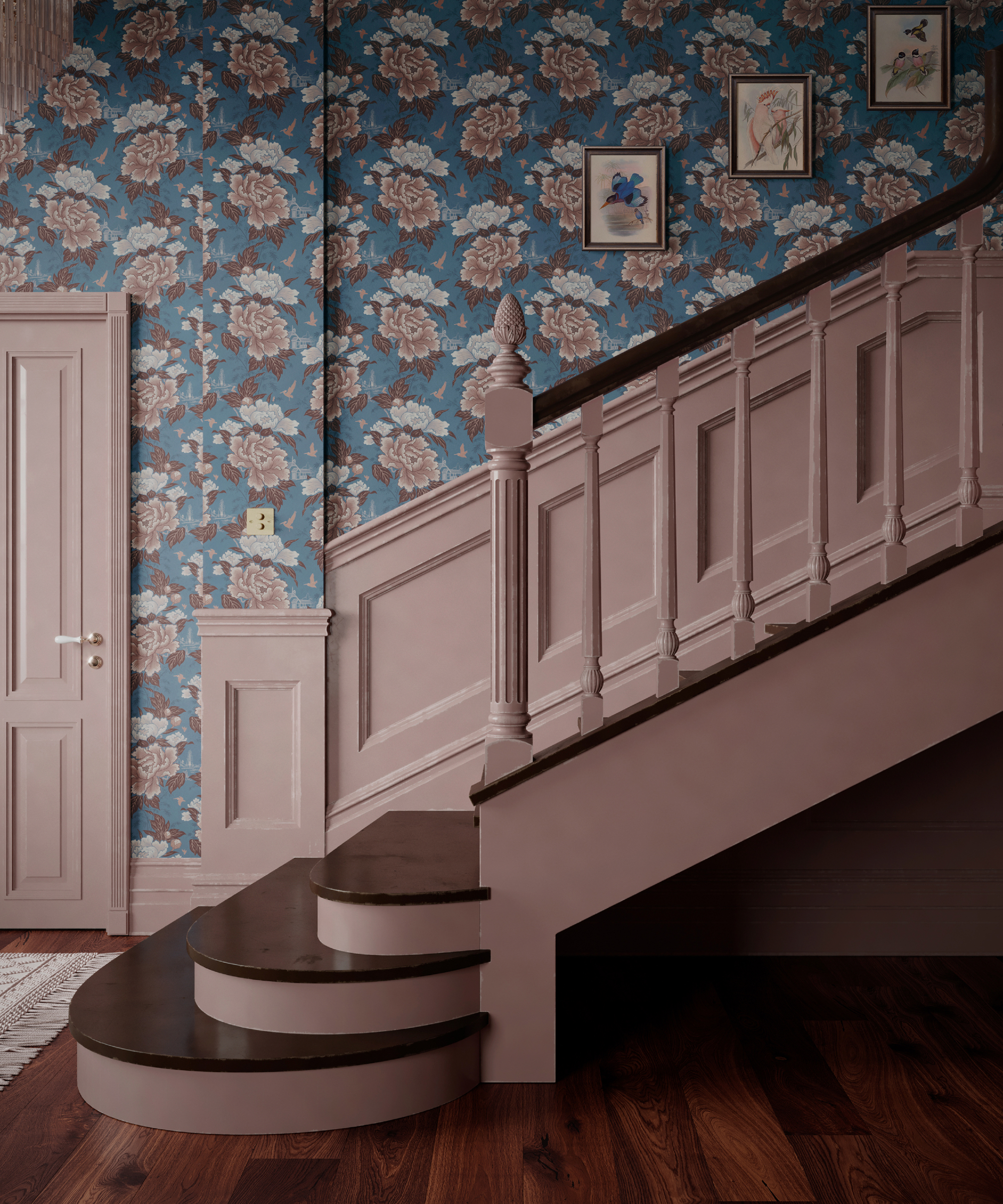
How has your routine or lifestyle shifted since you last reorganized your home?
'Life changes – kids grow, work moves to the home office, and self-care becomes more of a priority,' says Di. 'Reorganizing your home should reflect those changes.'
Don't forget about the things you do not need to organize, either, to allow for lifestyle changes without having to reorganize afterward.
5. What's causing daily conflict
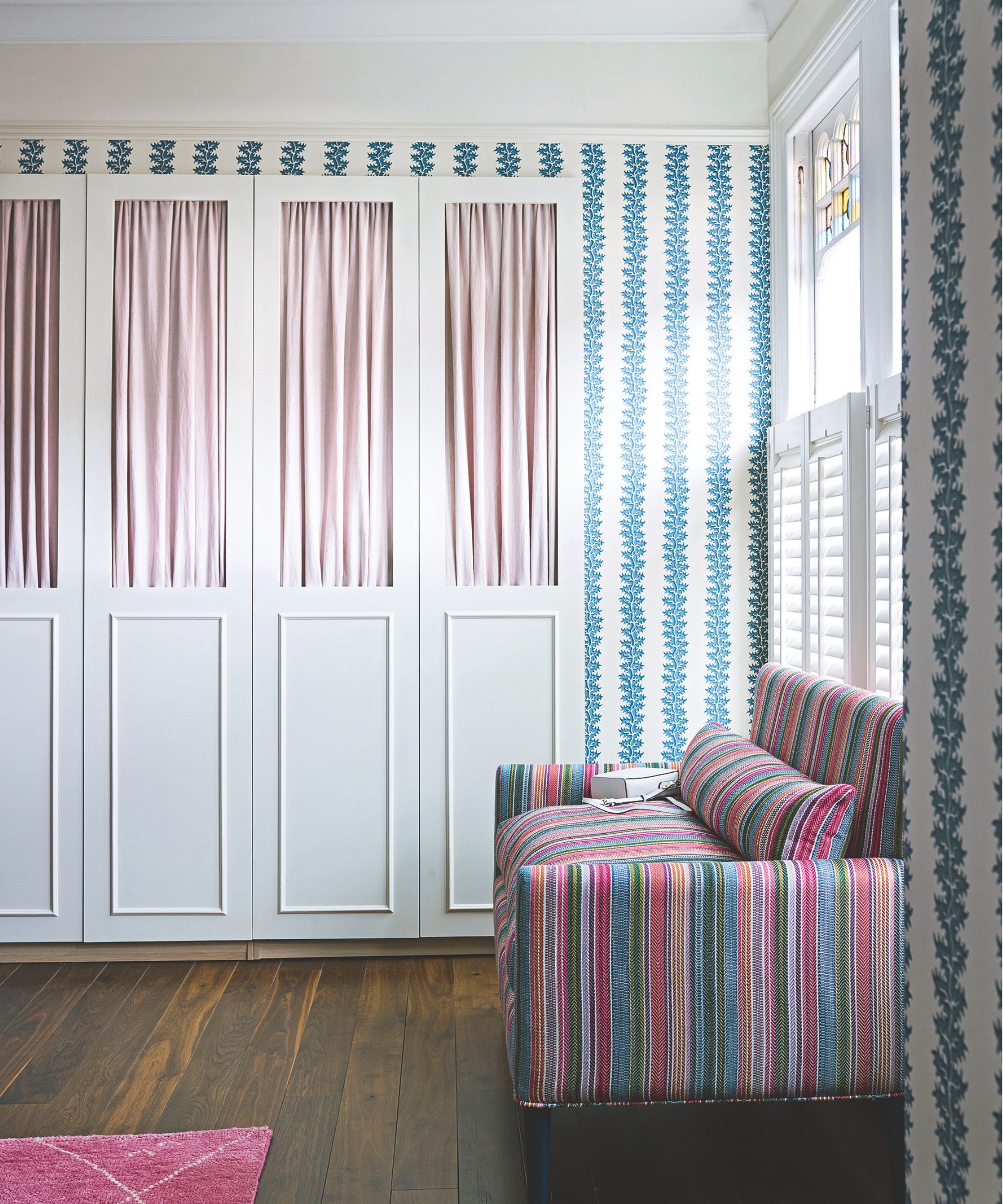
'If every morning starts with searching for socks or paperwork, that's a clue,' advises Di. 'Reorganizing should solve those daily headaches, not just make things look good on a shelf. Little shifts – like creating a launch zone or a paperwork system – can make a big impact.'
So, never underestimate the daily cleaning habits for a tidier home – whether you create an entryway drop zone, tick off home organizing tasks that take 20 minutes or less, or simply adopt home organizing systems to reduce daily conflict.
6. What brings you joy or ease
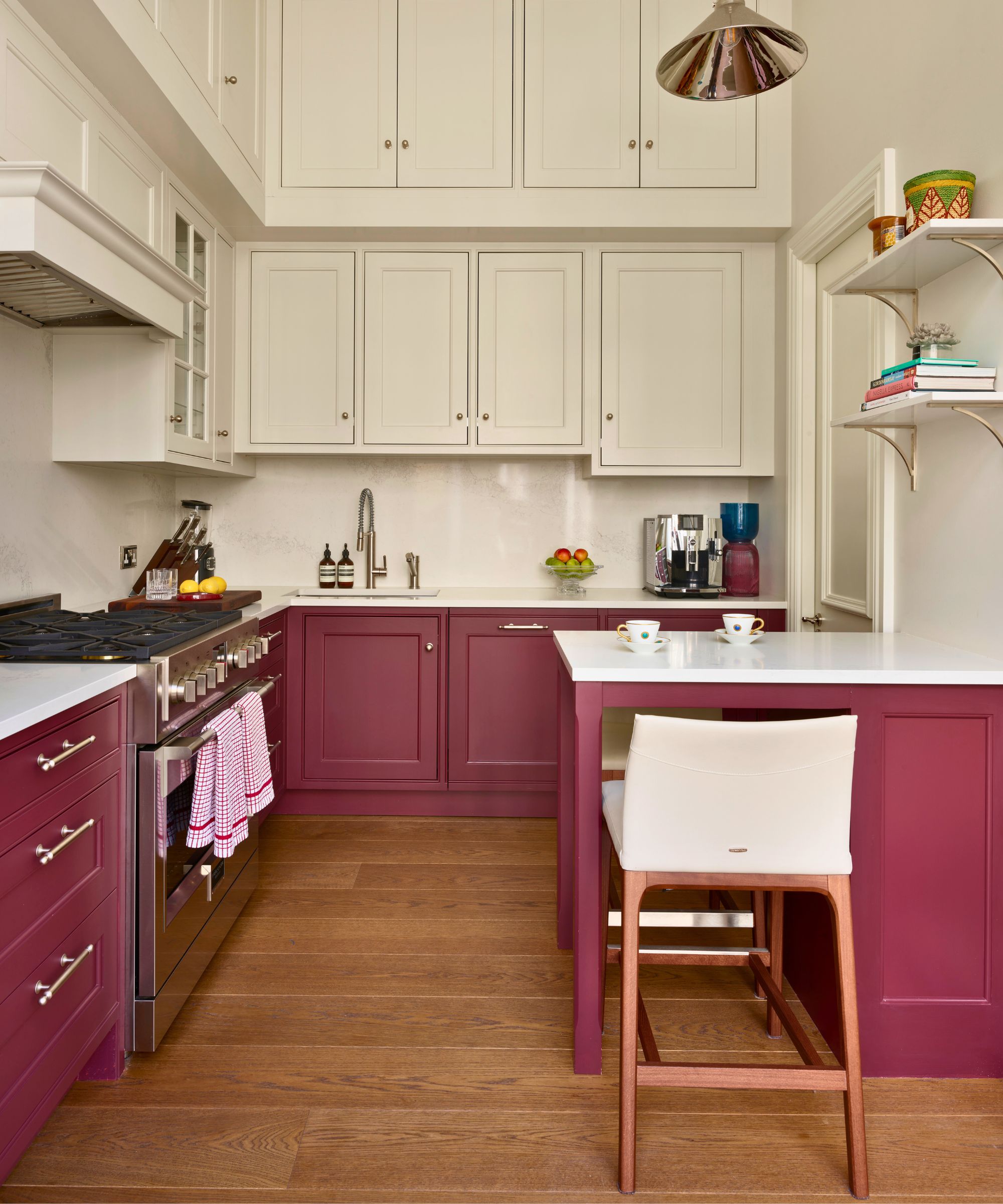
Your home should be a place you love spending time in, so, says Di, create spaces that feel good to live in.
'Whether it's a clear kitchen counter or a tidy drawer where everything has a place, notice what brings peace and aim to recreate that throughout your home,' she recommends.
Then, you'll be able to truly enjoy both the benefits of a tidy home and the benefits of organizing your home, too.
What to shop
All prices were correct at the time of publication.
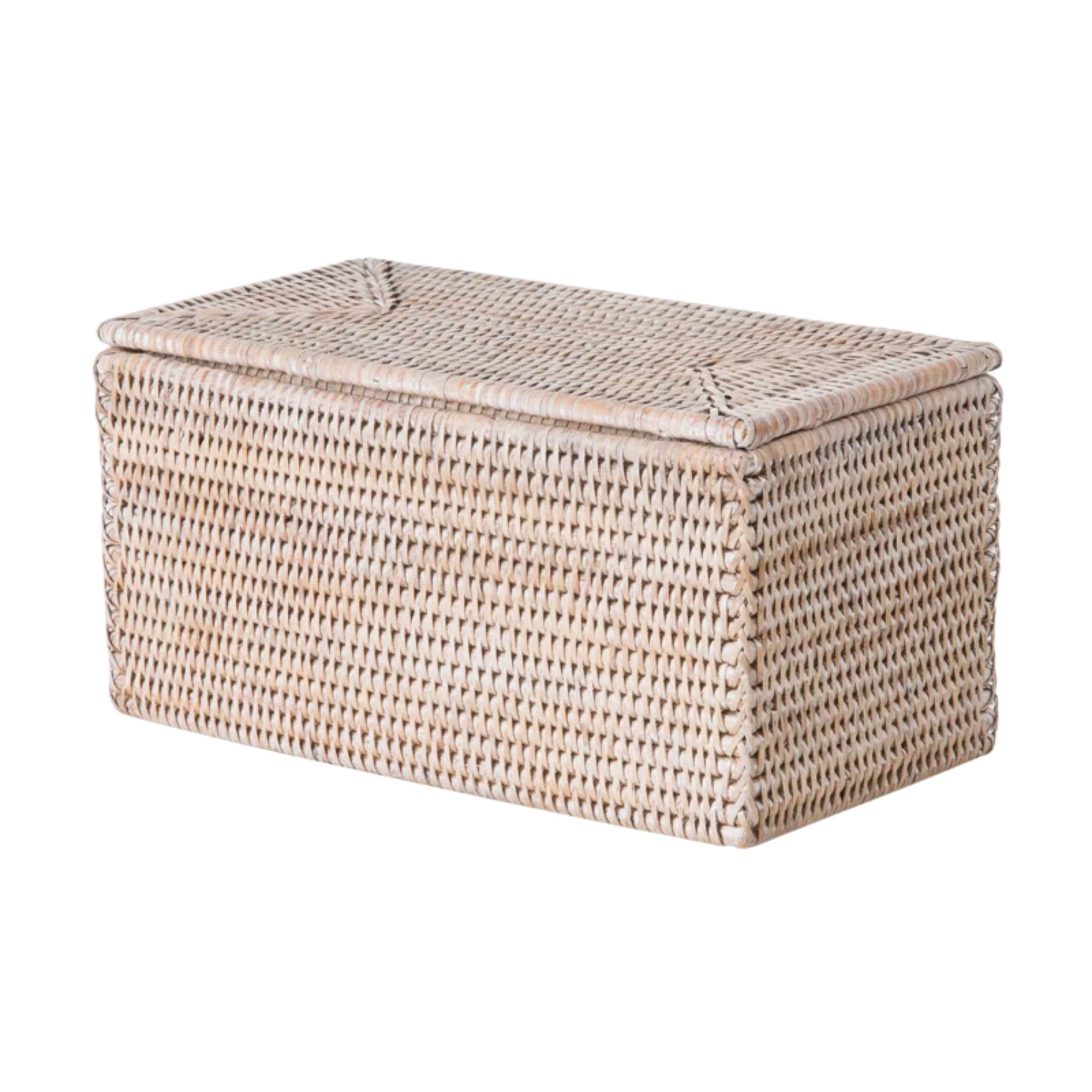
Lidded baskets are a brilliant way to hide clutter while keeping your space streamlined.
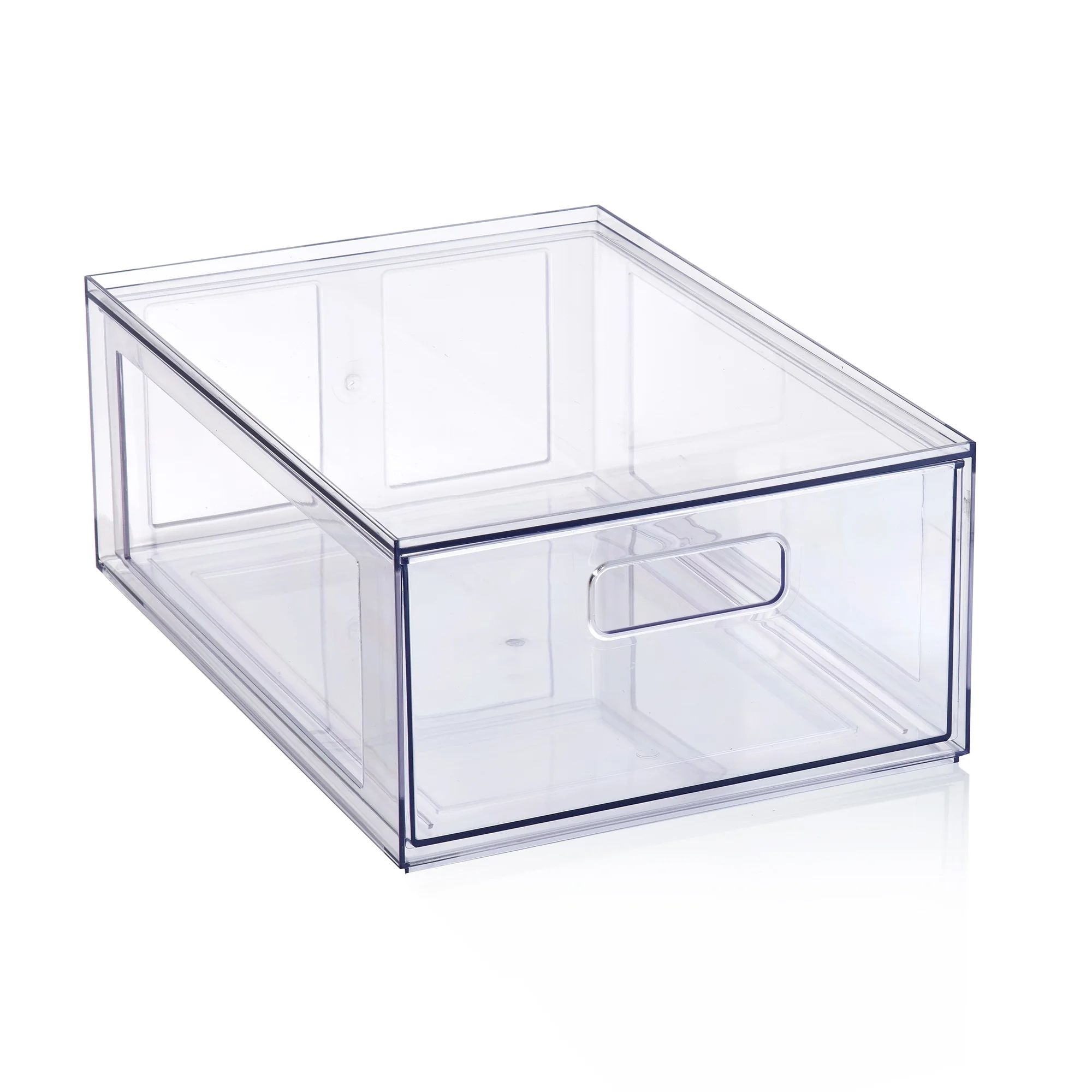
Using smaller storage solutions will ensure you're not keeping things unnecessarily, just because they fit, when reorganizing your home.
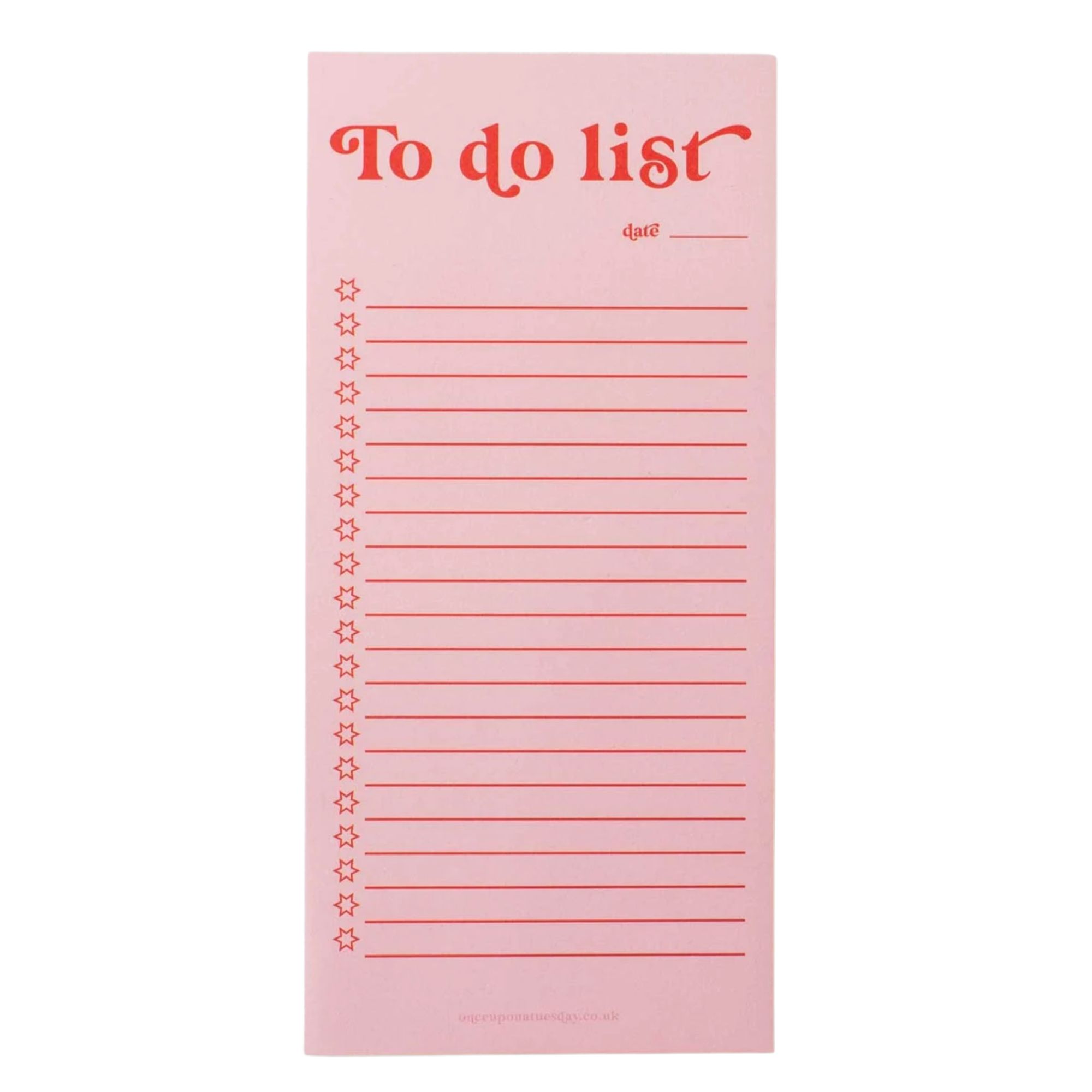
Keep track of the task you've completed, and those you're yet to tackle, to ensure you're able to allocate the correct amount of time to each.
Meet our experts
'Focus on the next step when organizing, which is not only finding a home for an item but also being able to easily retrieve it again,' says Ben.
Why not organize your home with your health and well-being in mind?







